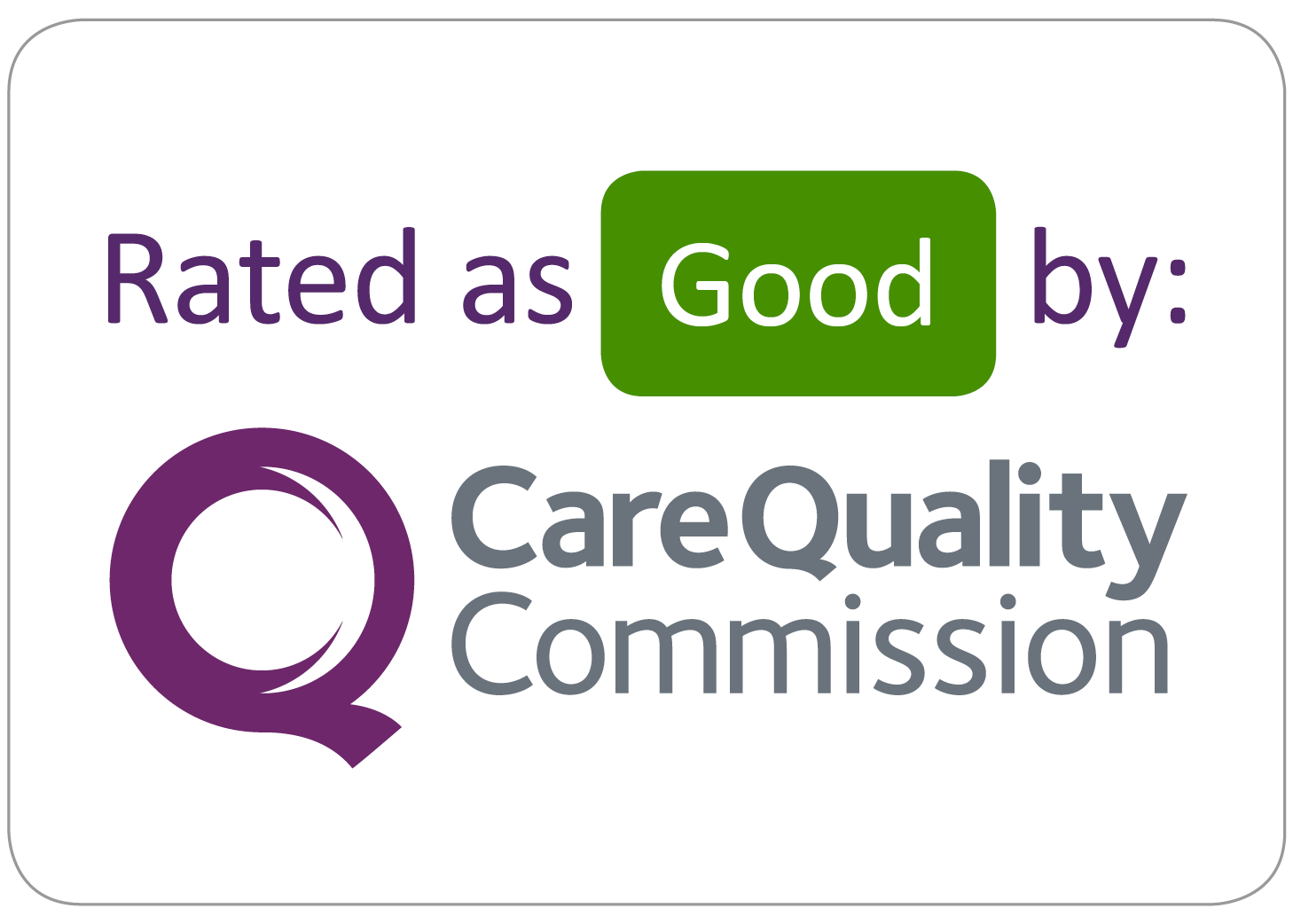Breast care information
Possible problems after mastectomy
- Bleeding from the wound.
- Wound infection.
- Fluid collecting around the operation site (seroma)
- Blood collecting around the operation site (haematoma)
- Nerve pain.
- Shoulder stiffness
Changes to the breast or chest area
After breast-conserving surgery or a mastectomy, with or without reconstruction, be aware of any changes to either side, such as: swelling on your chest, in your armpit or around your collarbone. a change in shape or size. a change in skin texture, such as puckering or dimpling.
Possible problems after surgery
Contact your breast care nurse if:
- Swollen breast, red inflamed breast
- Ongoing pain
- are short of breath
- have pain in your chest or upper back
- cough up blood
Blood clots
After any surgery, you're at risk of blood clots developing
To prevent blood clots, your nurses get you up as soon as possible after your operation. They encourage you to move around or do your leg exercises.
Also, during and after your operation, you wear special stockings (called anti embolism stockings or TEDS). And after your operation you might have injections to thin your blood for a while.
Bleeding from the wound
You may have a small amount of blood on your wound dressing after surgery, which is normal. Contact your breast care nurse if there is more bleeding.
Wound infection
Contact your breast care nurse if your wound:
- looks red or swollen
- feels warm
- is painful
- leaks fluid (discharge)
These maybe signs of infection. You may also feel unwell and have a temperature.
If you have an infection, your doctor will give you antibiotics.
Fluid collecting around the operation site (seroma)
Sometimes fluid collects near the wound and around the armpit. This might happen after your District nurse removes the wound drain if you have one.
It can cause:
- swelling
- pain
- an increased risk of infection
The fluid normally goes away on its own within a few weeks. You should lay down for at least 1 hour morning and afternoon to help the fluid reabsorb.
If the fluid does not settle and increases, your breast care nurse will assess the need to drain the fluid.
Sometimes the fluid can build up again after being drained.
Tell your nurse if you think a seroma is developing.
Blood collecting around the operation site (haematoma)
Occasionally blood collects in the tissues around the wound. This can cause pain and swelling, and the area might feel hard.
The haematoma normally goes away on its own, but it can take a few months. Your breast care nurse can assess the need to drain the swelling if needed.
Tell your breast care nurse if you have any swelling around the wound.
Nerve pain
You might have numbness, tingling or a shooting pain in your armpit, upper arm, shoulder or chest wall. This is due to damage to the nerves during surgery. The nerves usually repair themselves, but it can take many weeks or months.
Your doctor or nurse can give you medicines to help if the nerve pain is severe
Shoulder stiffness
Your shoulder might become stiff and painful after breast surgery or removal of the lymph nodes.
You will have been given an exercise sheet in your breast cancer information pack.
Long term side effects
These may include:
- Fatigue
- Pain and numbness (peripheral neuropathy)
- Lymphedema
- Musculoskeletal symptoms
- Osteoporosis as a result of aromatase inhibitors
- Cataracts- as a rare side effect from Tamoxifen
- Blood clots- as a rare side effect from Tamoxifen
- Absence or changes in menstrual periods
- Menopausal symptoms
- Sexual functioning difficulties
- Infertility
- Concerns about memory loss and cognitive function (“chemo brain”)
Watching for recurrence
Follow-up is patient initiated, you will be informed of the contact details of the breast care nurse team, in the first instance you should contact them to discuss any concerns or worries.
Surgical treatment for early stage or locally advanced breast cancer is given to remove your breast cancer. However, cancer can return or reoccur. Over time, these cells may increase in number until they show up on test results or cause signs or symptoms.
Many survivors feel worried or anxious that the cancer will come back after treatment. While it often does not, it’s important to talk with your breast care nurse about your worries of the possibility of the cancer returning, most breast cancer recurrences are found by patients.
Understanding your risk of recurrence and the treatment options may help you feel more prepared if the cancer does return, and will help you make decisions about your treatment.
Breast cancer can come back in the breast or other areas of the body. Generally, a recurrence is found when a person has ongoing symptoms or an abnormal finding during a physical examination. Annual mammograms are also recommended for 5 years after a diagnosis of breast cancer. The symptoms depend on where the cancer has recurred and may include:
- A new lump in the breast or under the arm or along the chest wall
- Pain that is constant, worsening, and not relieved by over-the-counter medication such as nonsteroidal anti-inflammatory medications (NSAIDs)
- Ongoing pain, not relieved by simple pain killers, specifically in the back, hip, pelvis
- Ongoing Headaches, seizures, dizziness, confusion, personality changes, loss of balance, nausea, vomiting, or changes in vision, should be investigated
- Ongoing cough, shortness of breath, or trouble breathing, should be investigated
- Abdominal pain, itchy skin or rash, or yellow skin and eyes from a condition called jaundice, which may be should be investigated
- Changes in energy levels, such as feeling ill or extremely tired
- Having a low appetite and/or weight loss
- Nausea or vomiting
- Rash or skin changes on the breast or chest wall
- Changes in the shape or size of the breast, or swelling in the breast or arm
It is important that you are aware what your breast will feel like after surgery and, when used, radiation therapy. Over time, the breast will soften and change. But knowing what your breast will feel like can help you understand what is “normal” and what is not. If you have any questions or concerns about a symptom, you should talk with your breast care nurse.
You will not have regular clinic appointments; your follow up is patient initiated, you have open access to the breast care nurse team for 5 years following your breast cancer diagnosis. Your breast care nurse will assess you and if required arrange a clinic appointment with your breast consultant.

















